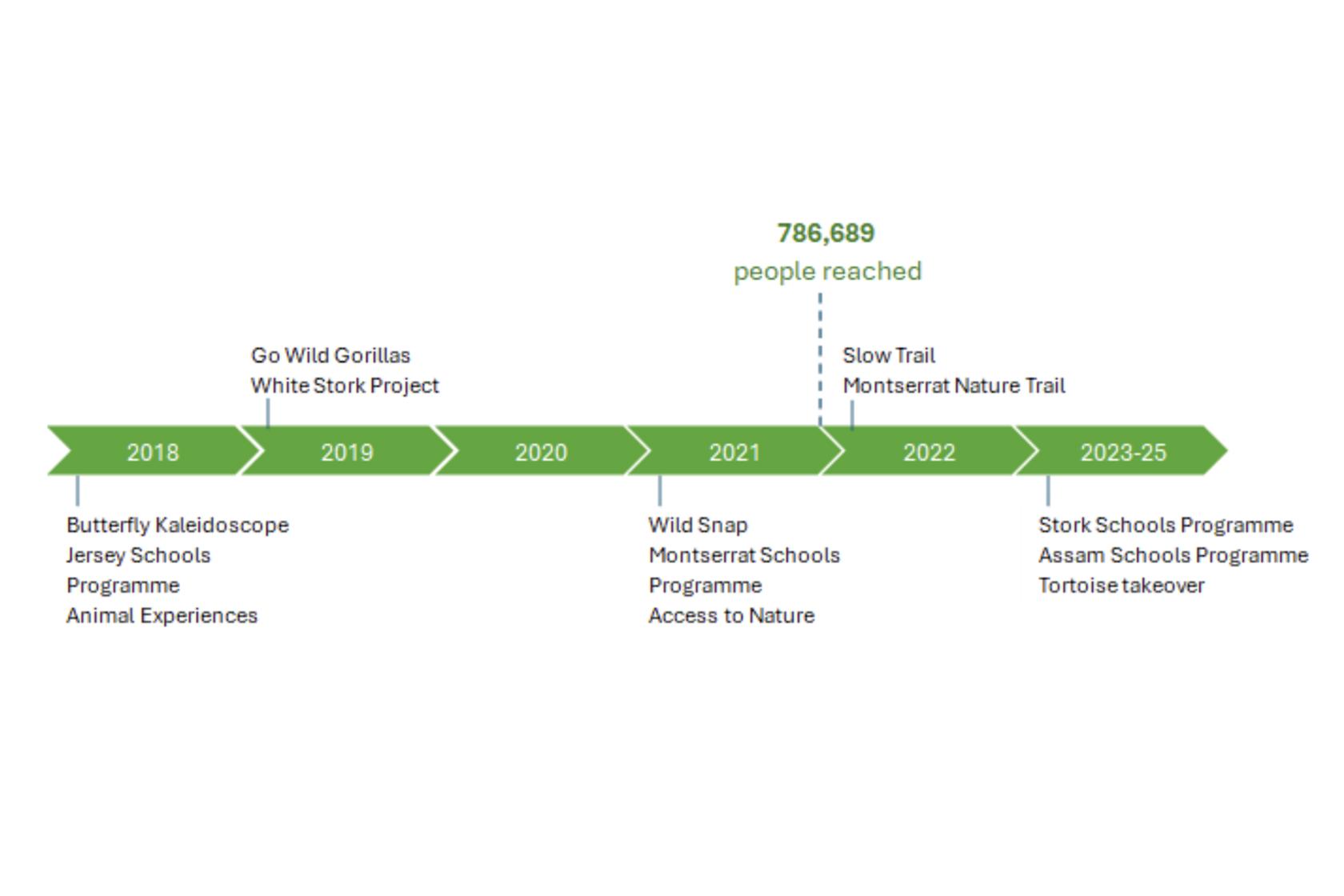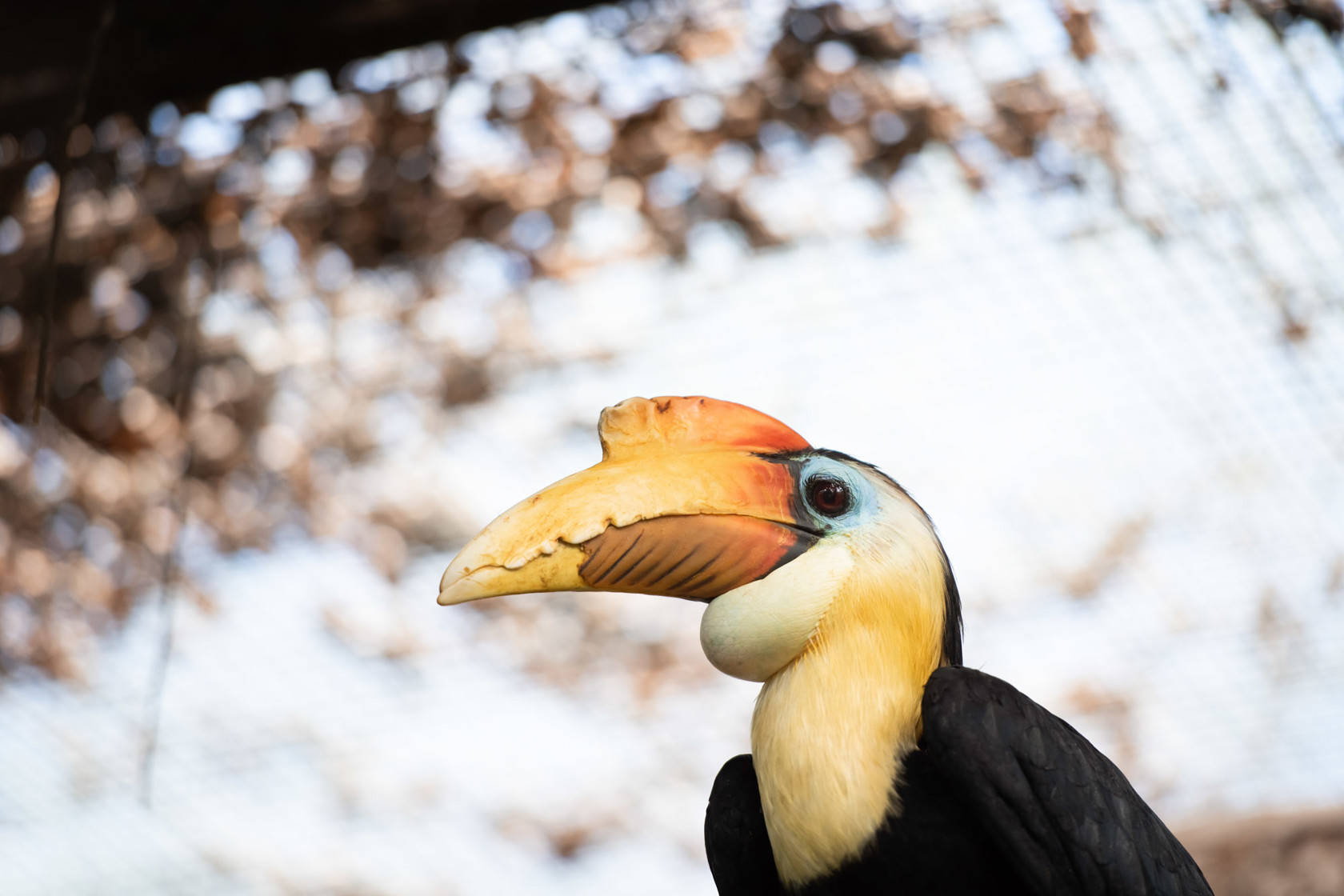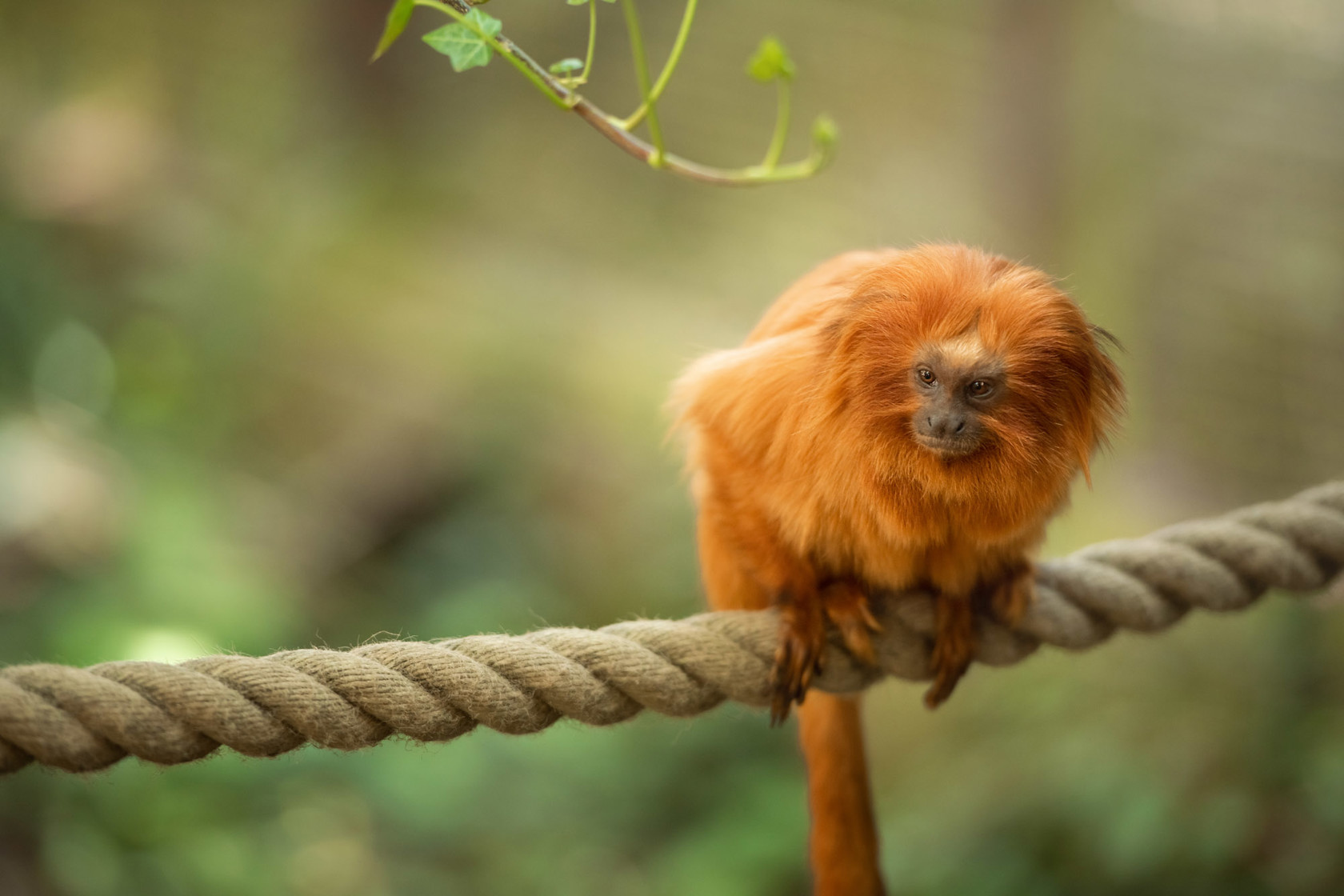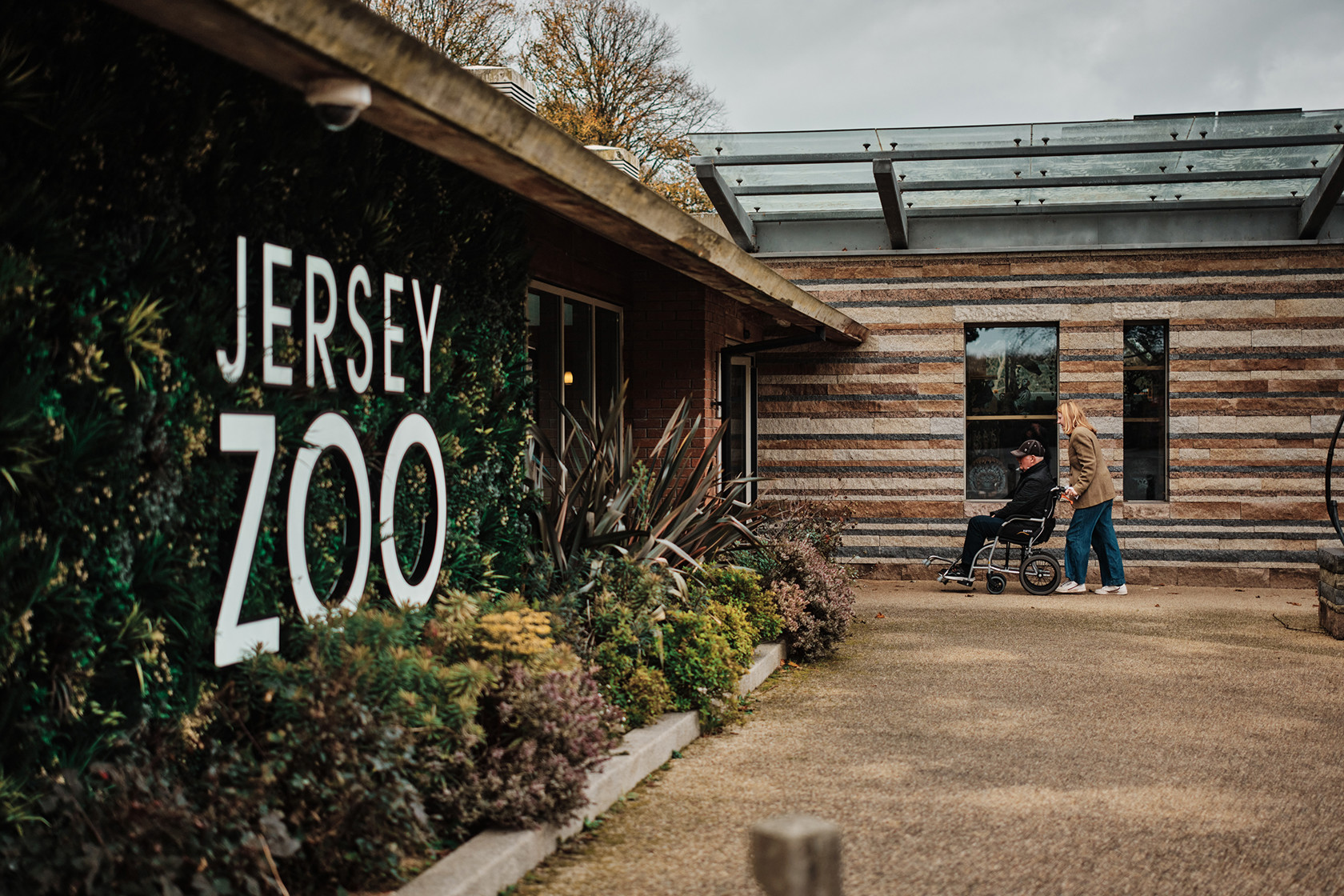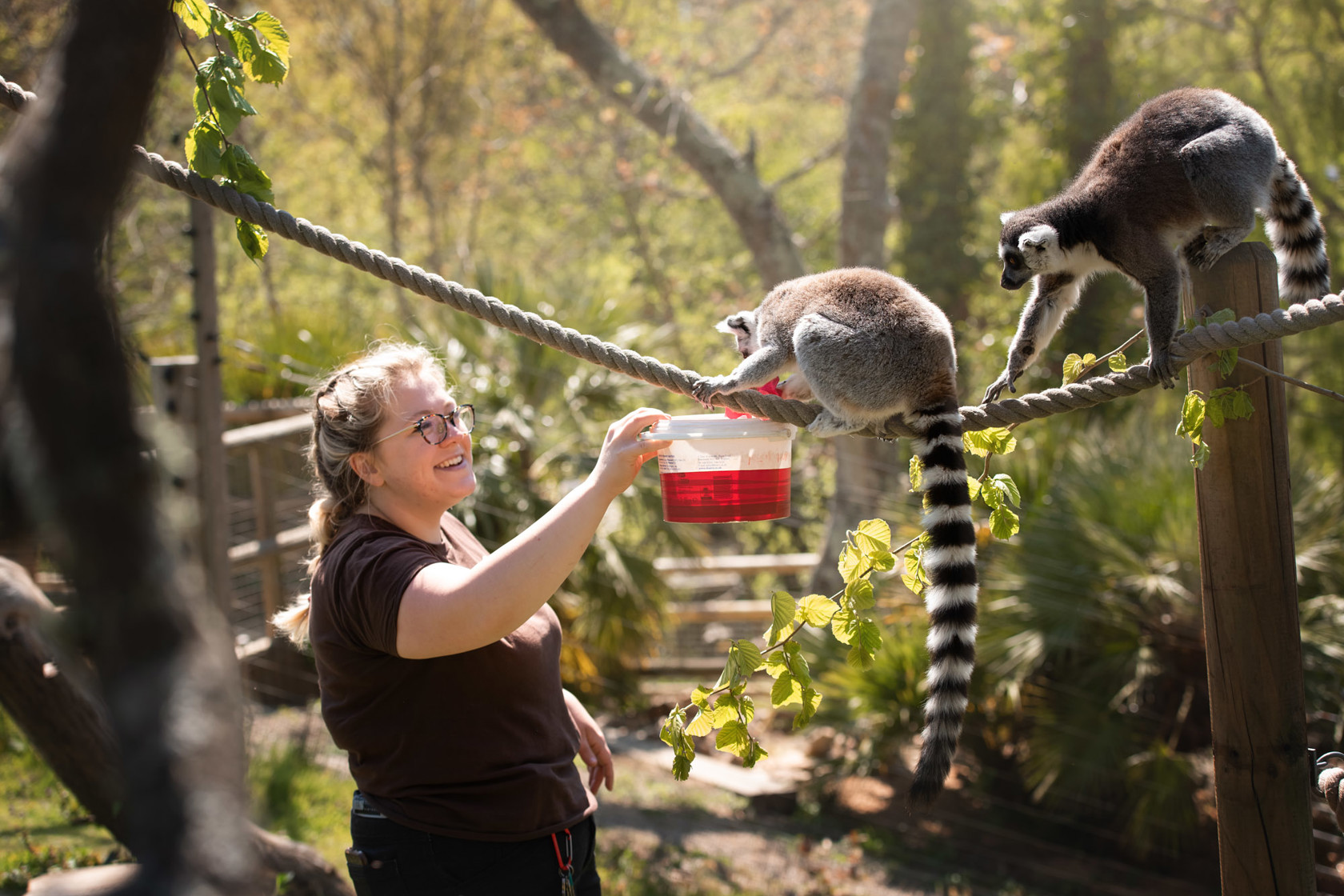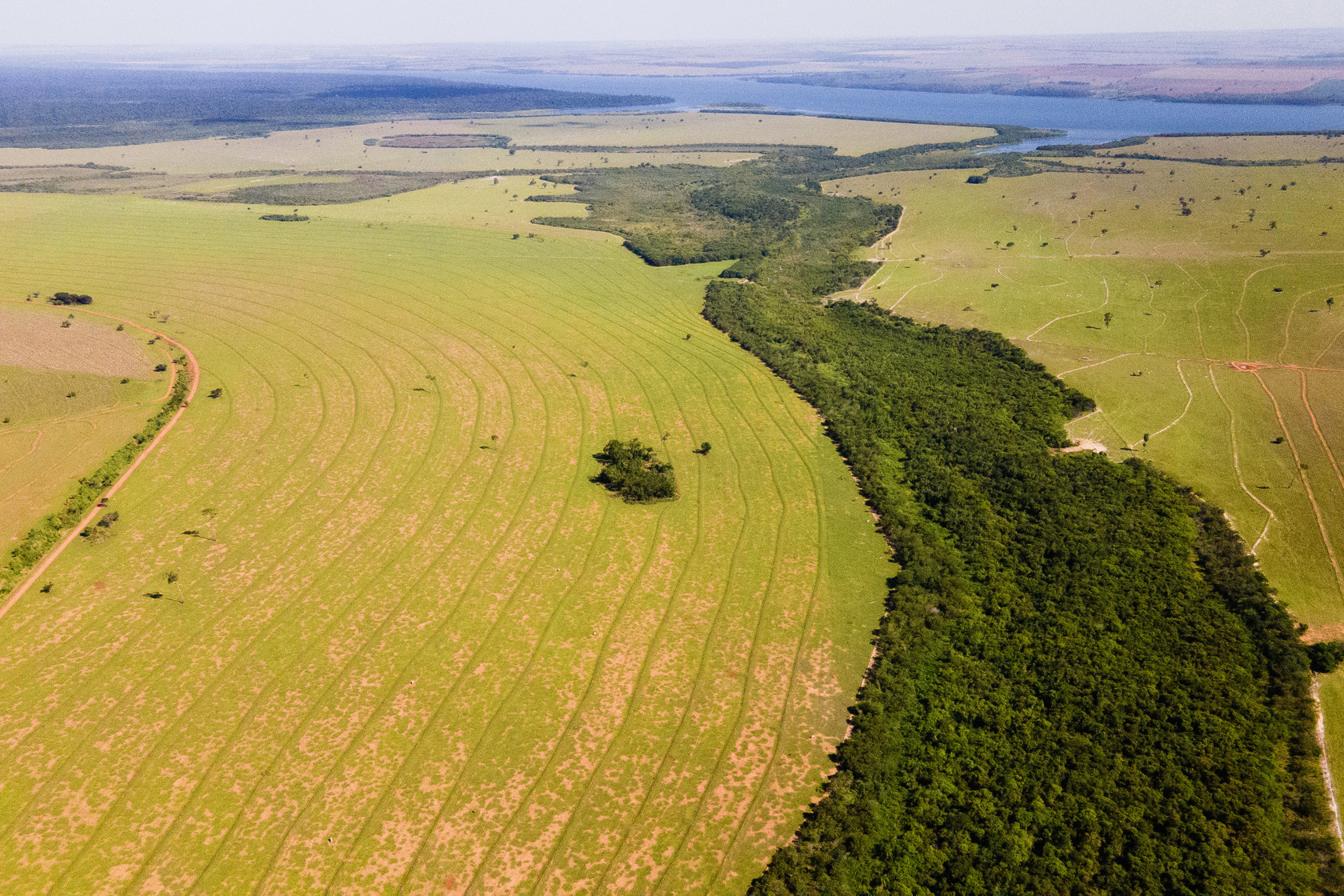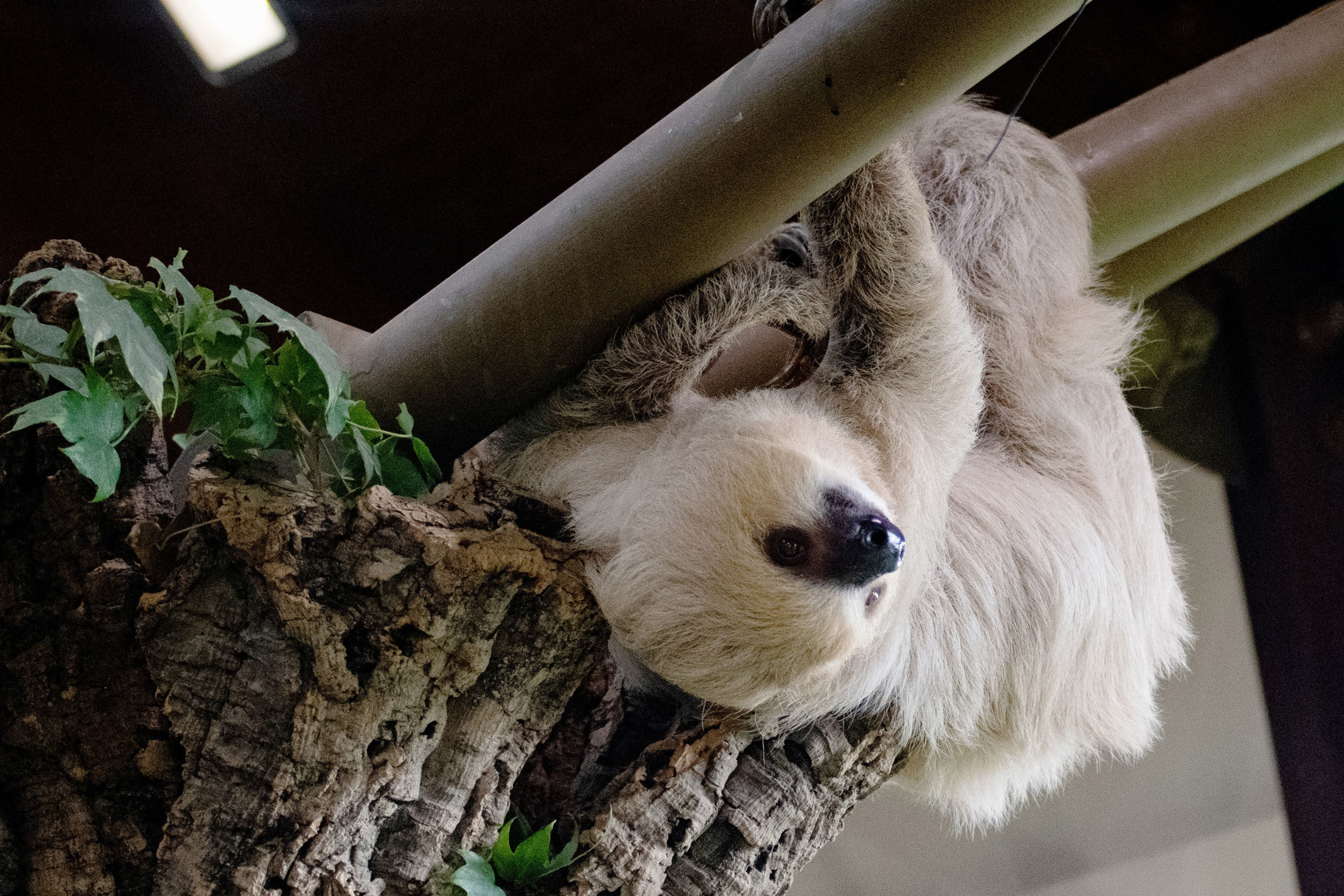In 2016, we began our ‘Rewild Our World’ strategy to help us deliver our vision of a wilder, healthier, more colourful world. In that strategy, we set four ambitious headline goals across the four pillars of our organisation to deliver by the end of 2025. In 2021, midway through the strategy, we measured our progress towards these goals to ensure we were on track.
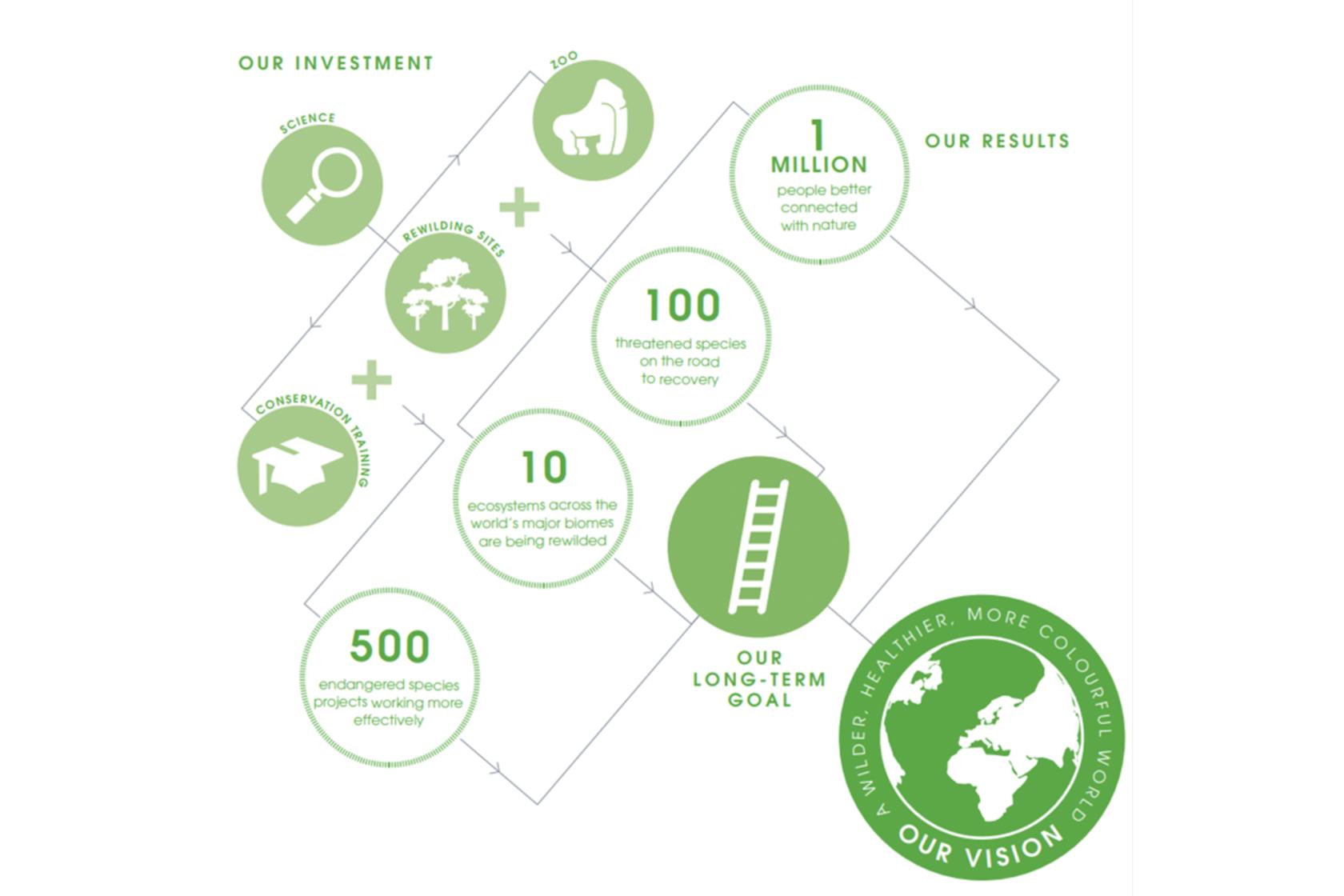
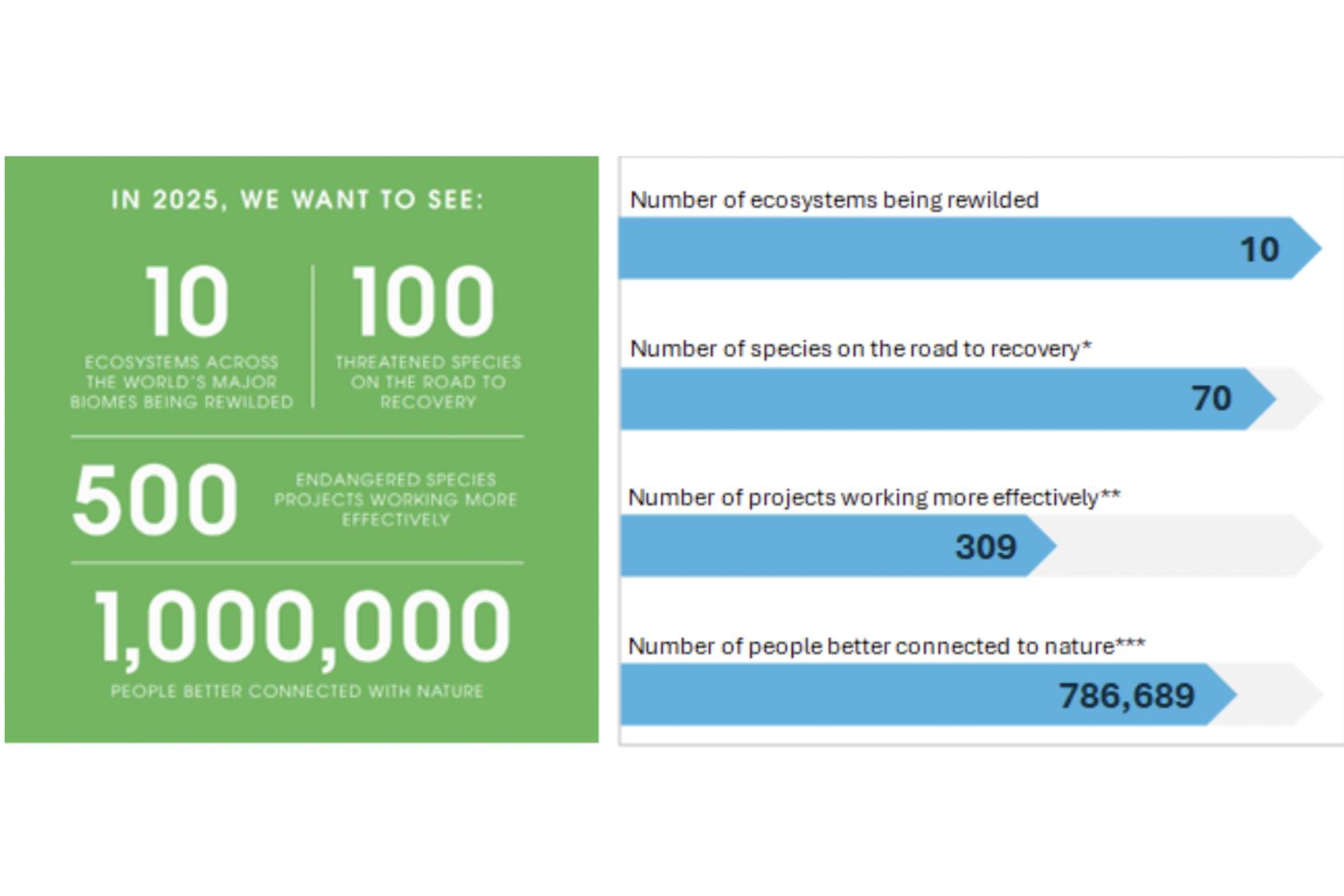
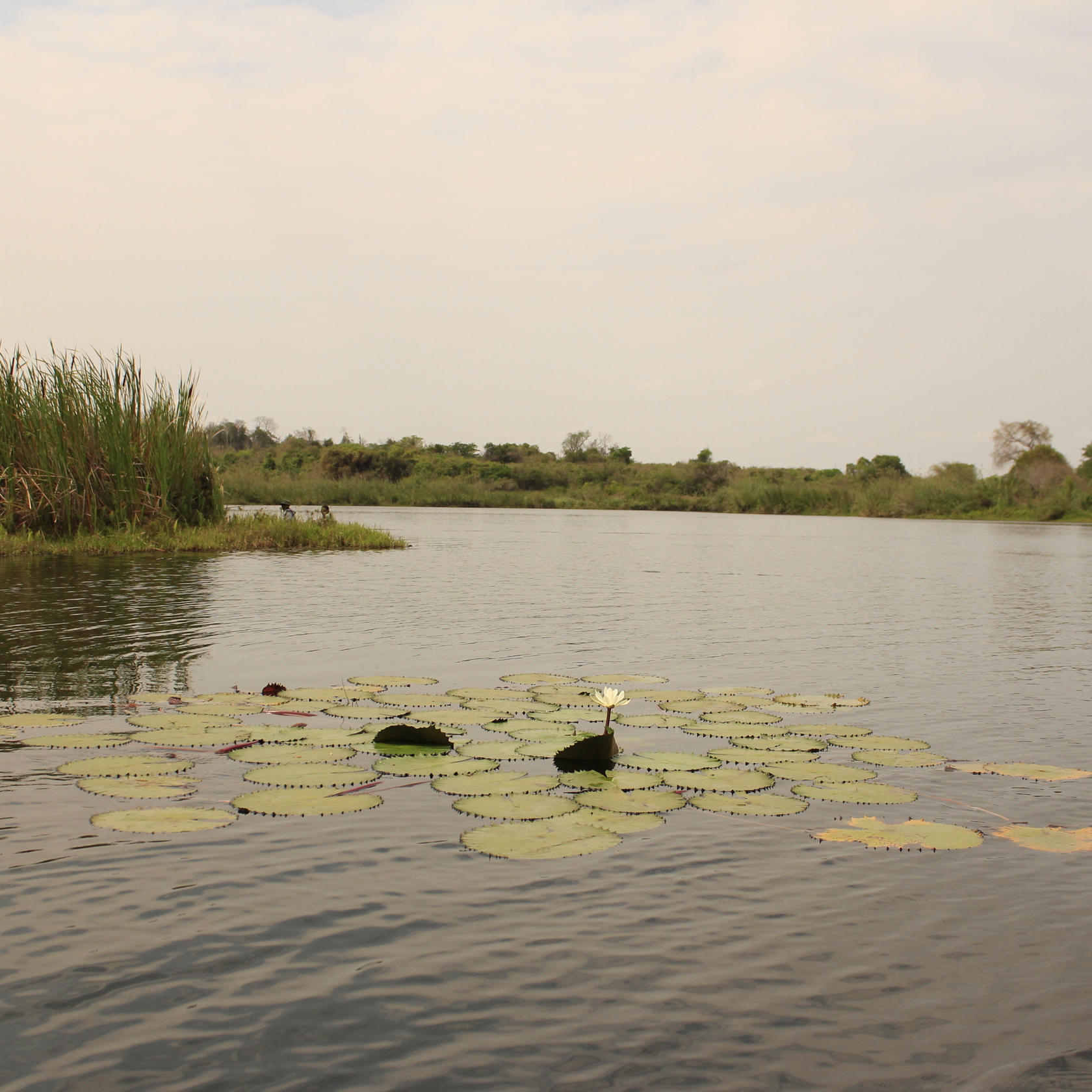
Rewilding Ecosystems
In 2017, we had conservation programmes in five rewilding sites. Following the development and launch of programmes in British temperate forest, Saint Lucian dry forest, Floreana Island scrubland, Brazilian Atlantic Forest and Sumatran rainforest, this has now increased to 10 rewilding sites. We use in-house expertise and peer reviews to assess our rewilding process at the end of the strategy.
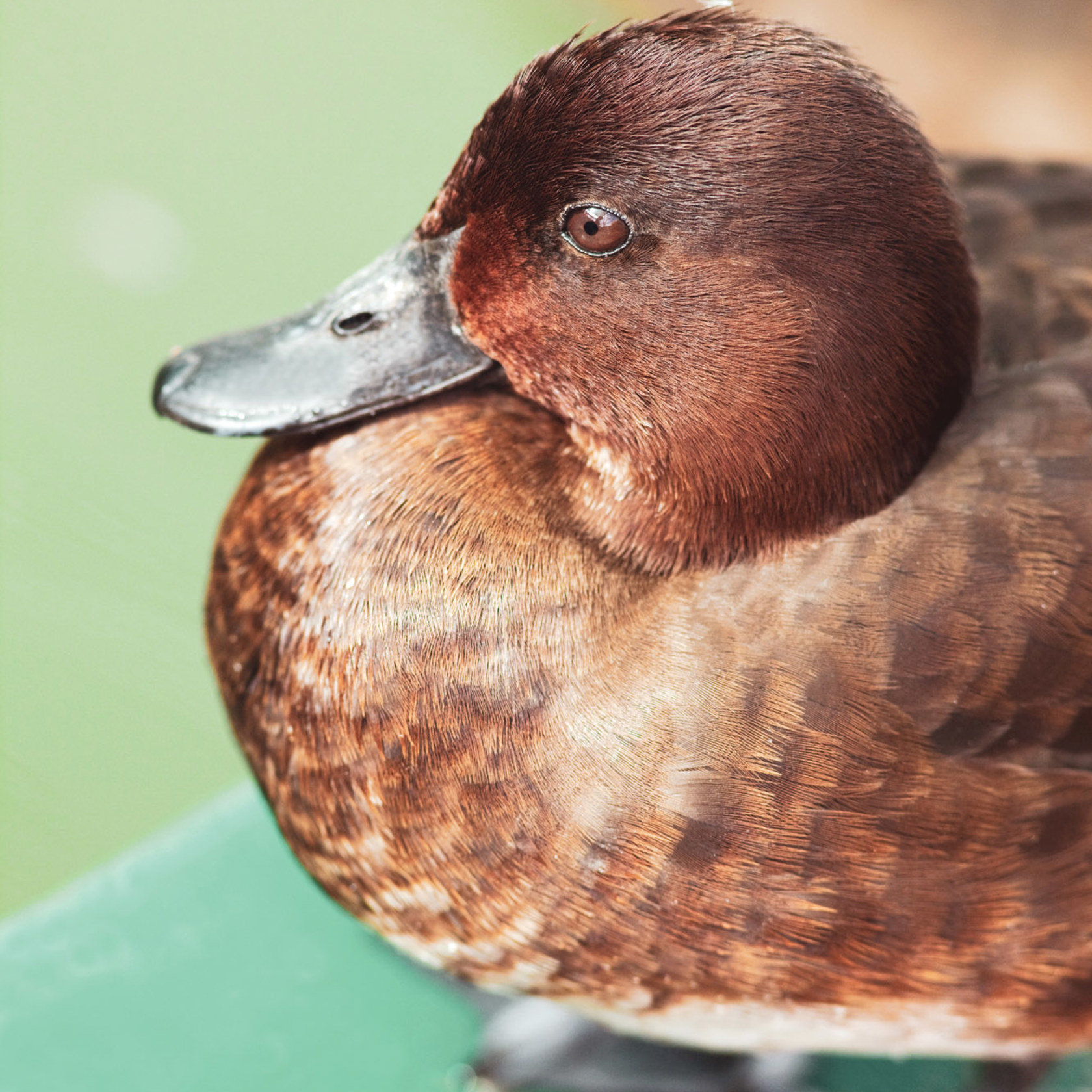
Recovering Species
Three major conservation strategies measure our species-focused conservation efforts:
Restoring: Durrell delivers species-specific conservation strategies, such as captive breeding and release, translocations, plant husbandry, invasive species management, or supplementary feeding.
Enabling: Durrell delivers actions that will enable species recovery in the future, such as example research, feasibility assessment, partnership development, or strategic planning.
Supporting: Durrell significantly supports other programmes and organisations in delivering species recovery actions, such as training, captive breeding, technical and scientific support, or strategic planning.
These strategies have increased the number of animal species Durrell supports from 54 in 2017 to 70 in 2021. We also deliver species-specific strategies for 25 plant species as part of our Round Island recovery programme. Overall, we are delivering recovery efforts for 95 species of flora and fauna, a significant milestone in our conservation journey.
We anticipate delivering conservation strategies for 118 species by the end of 2025. By the end of ‘Rewild Our World’, we will use the new IUCN Green Status to measure the impact of our species programmes.
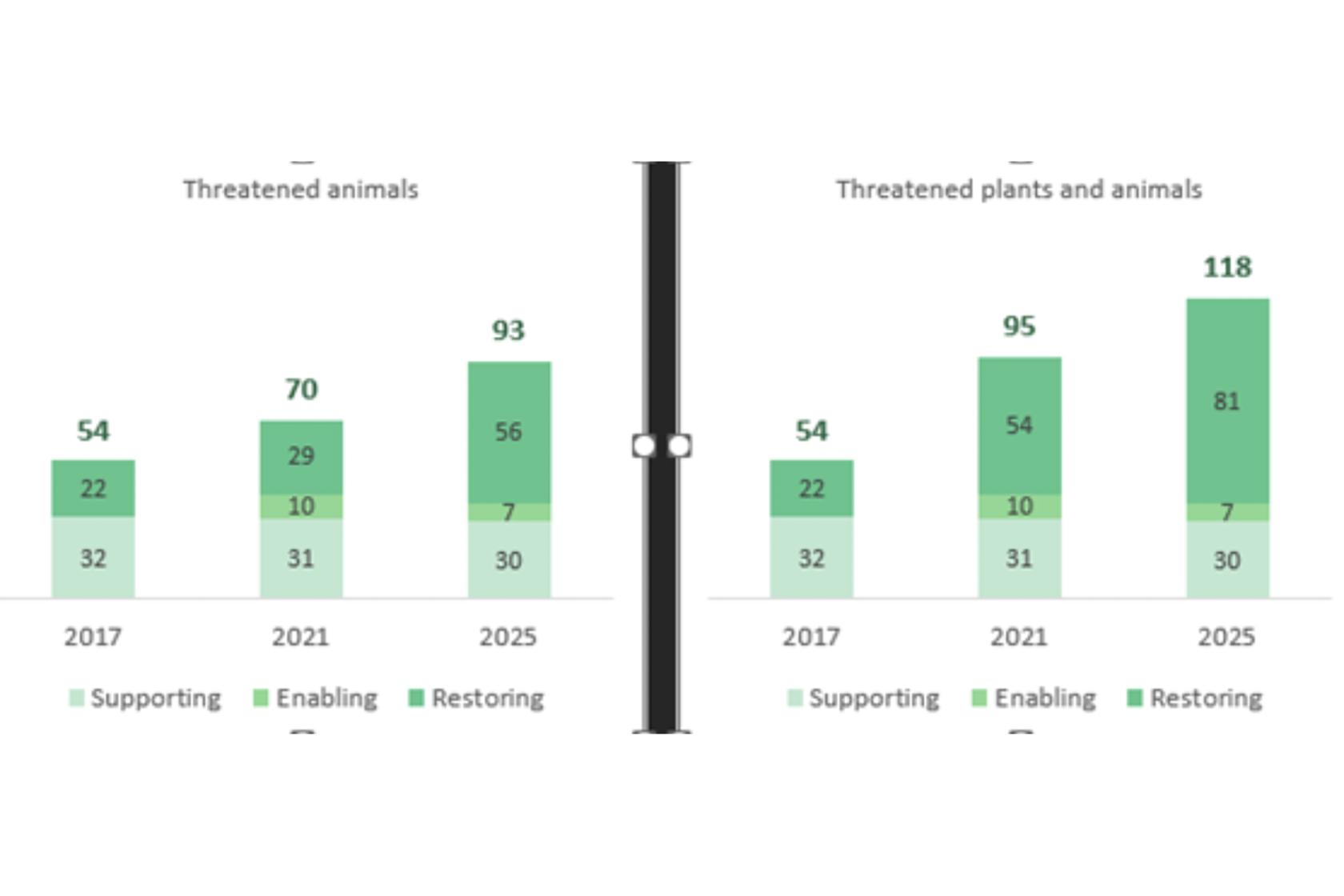
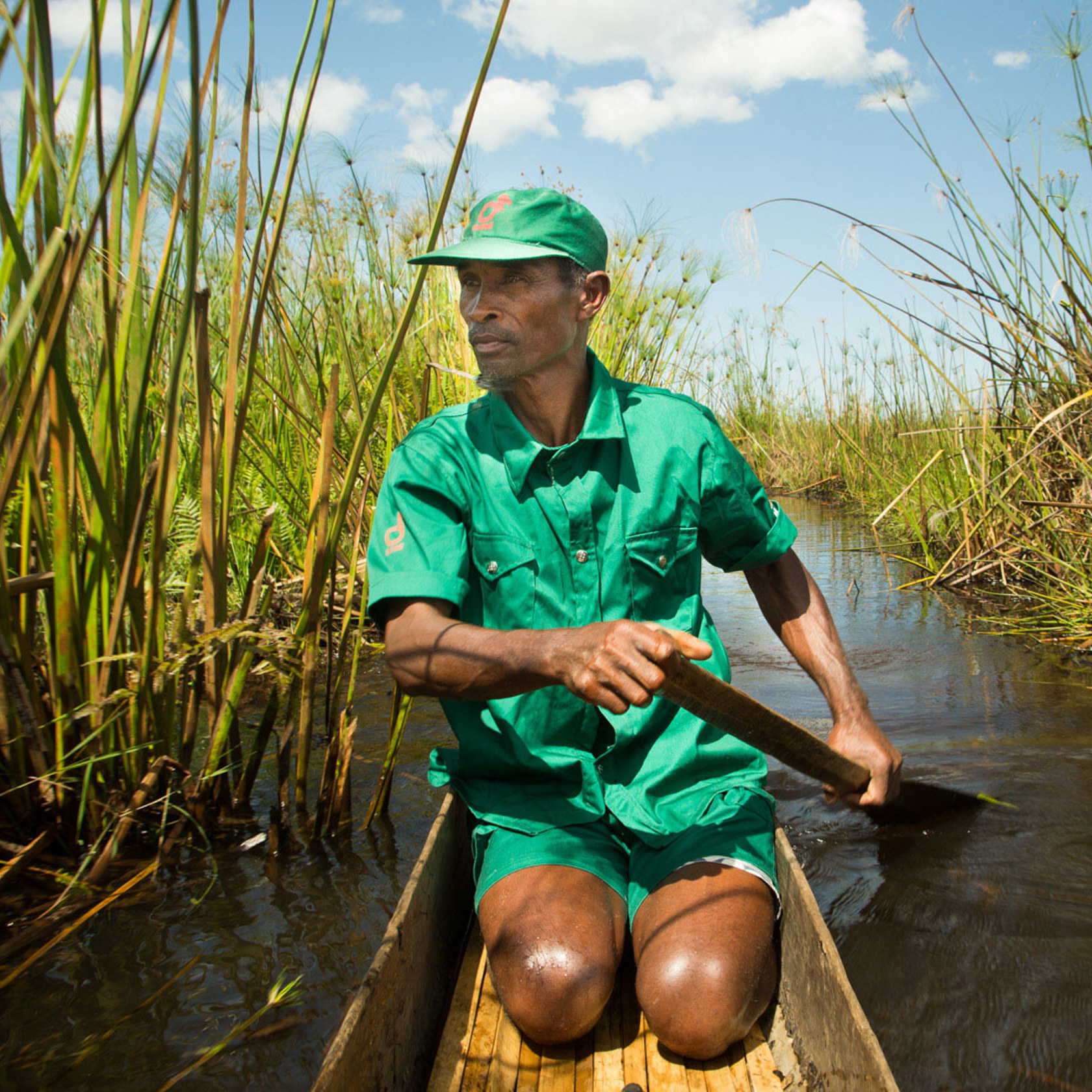
Increasing Effectiveness
Since 2017, we have trained 304 conservation practitioners in skills that increase effectiveness, including adaptive management, project management, and leadership. By the end of 2025, we will have trained nearly 800 practitioners. Since 2021, we have also directly supported five organisations in implementing Conservation Standards to help them improve the effectiveness of their programmes.
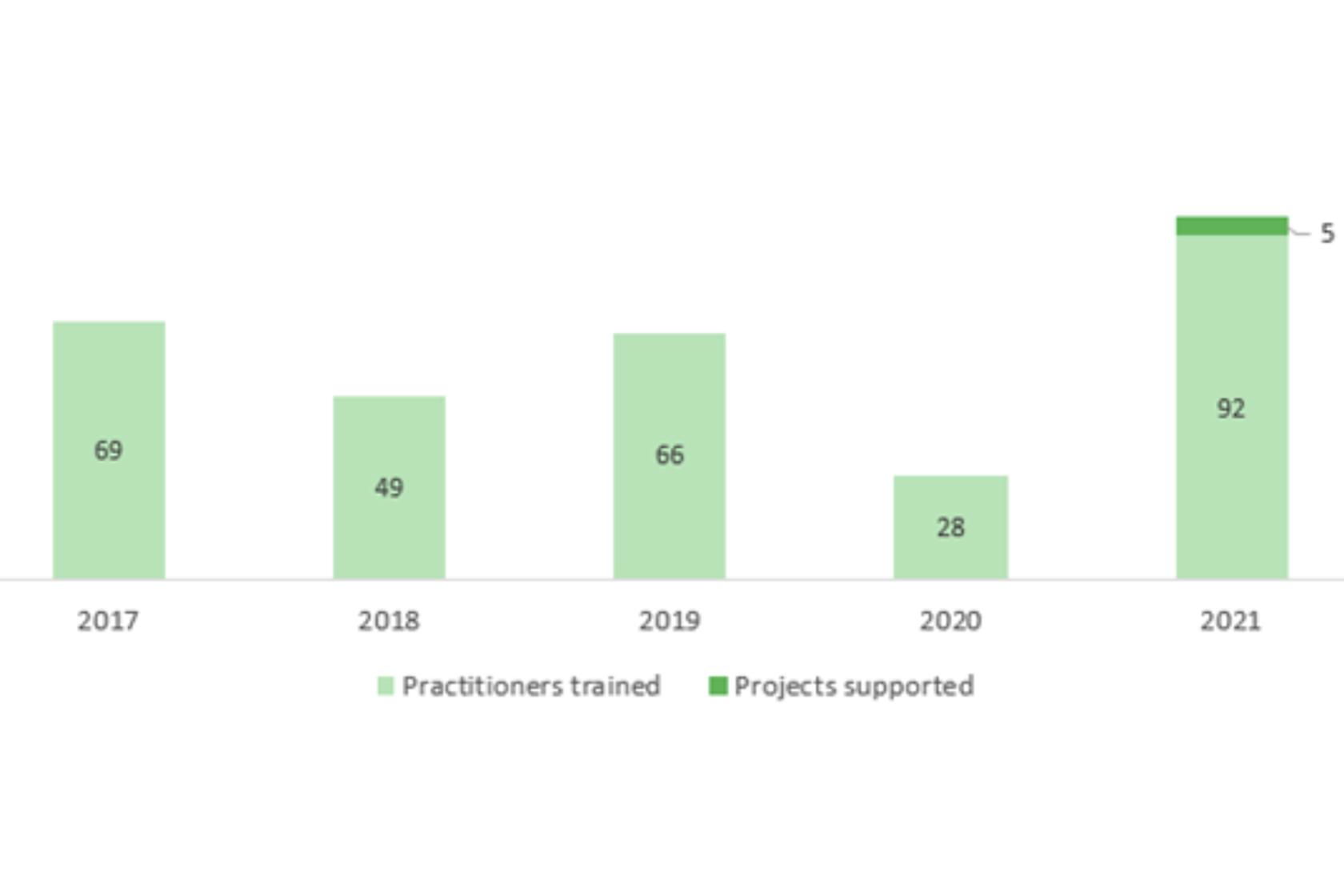
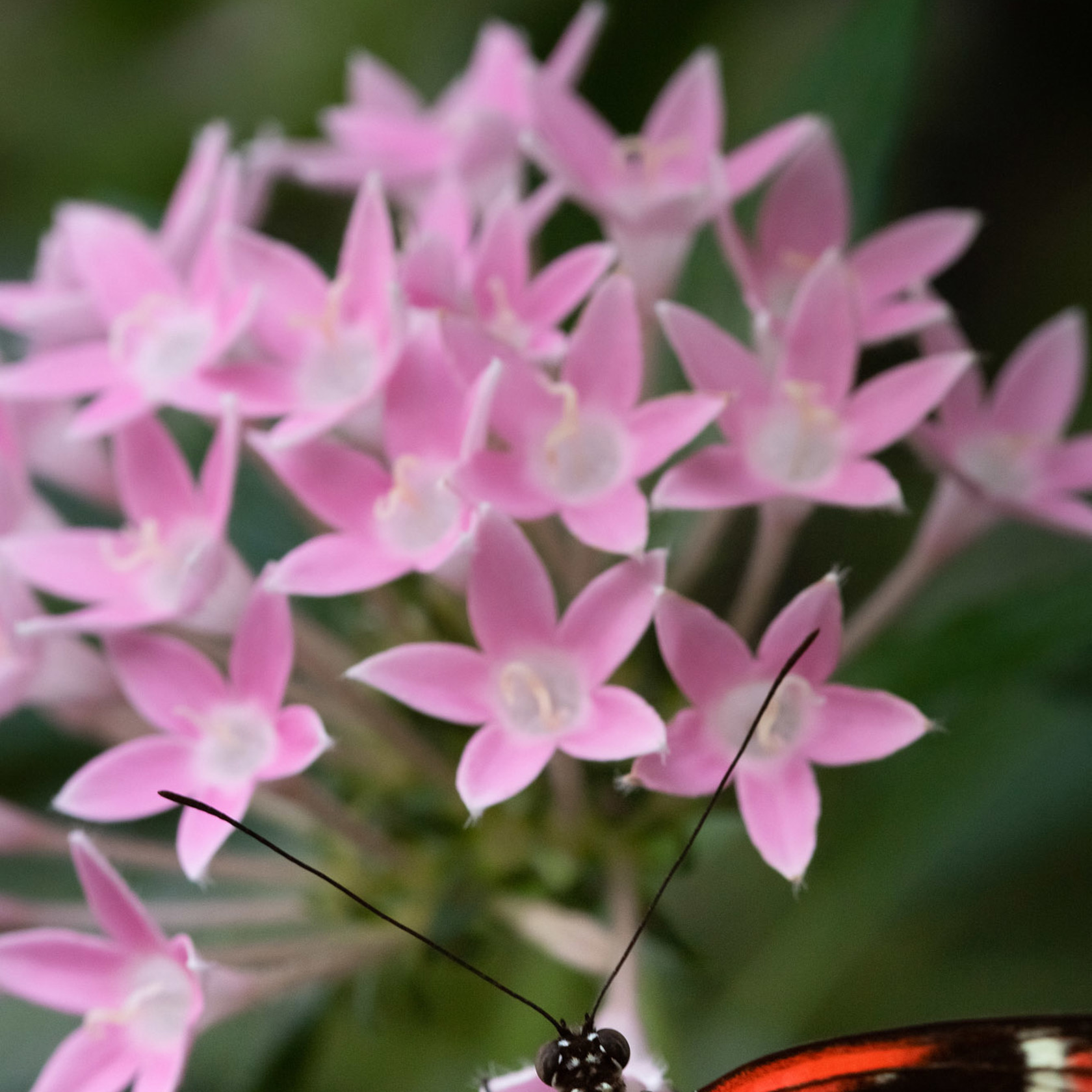
People better connected with nature
Since 2017, we have increased nature connection opportunities at Jersey Zoo and some of our field sites to focus more on people’s emotional relationship with nature through nature connection-themed animal exhibits, signage and other messaging. Recent research has shown that an emotional approach is more successful in encouraging pro-nature and pro-conservation attitudes and behaviours. By the end of 2021, up to 786,689 people had interacted with these nature connection opportunities.
